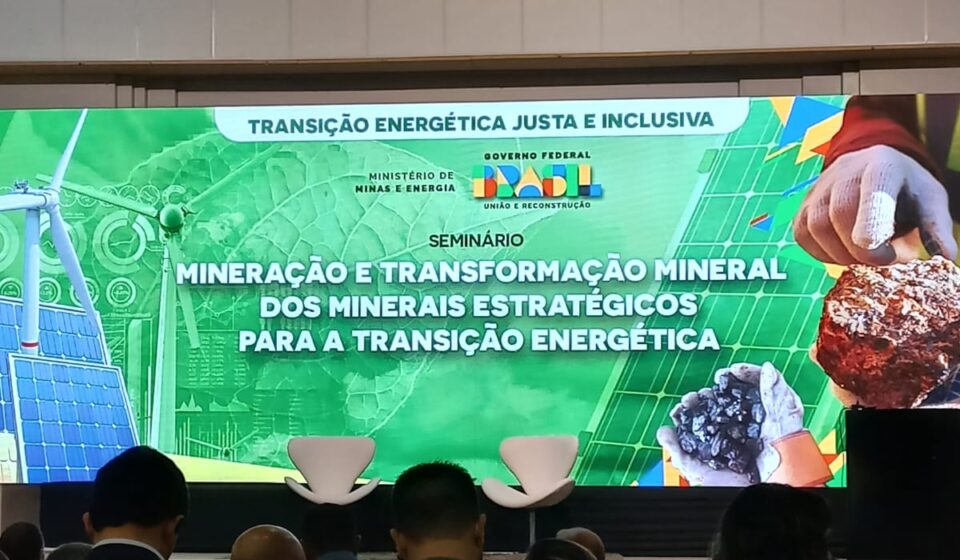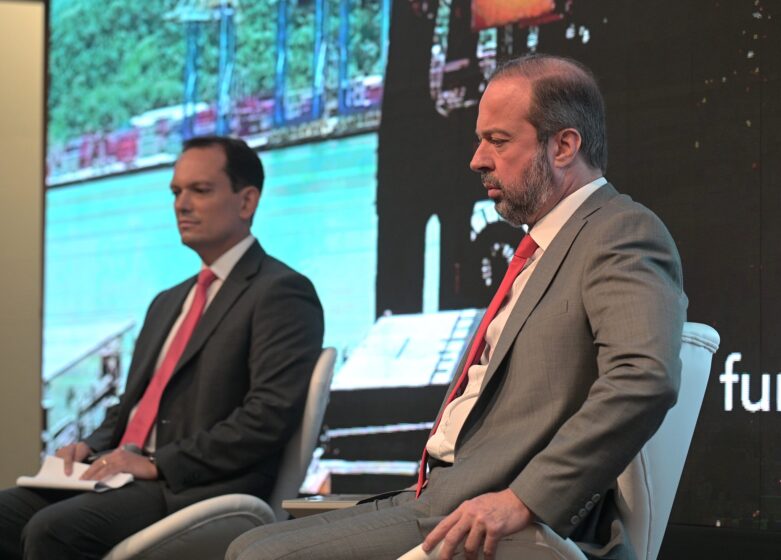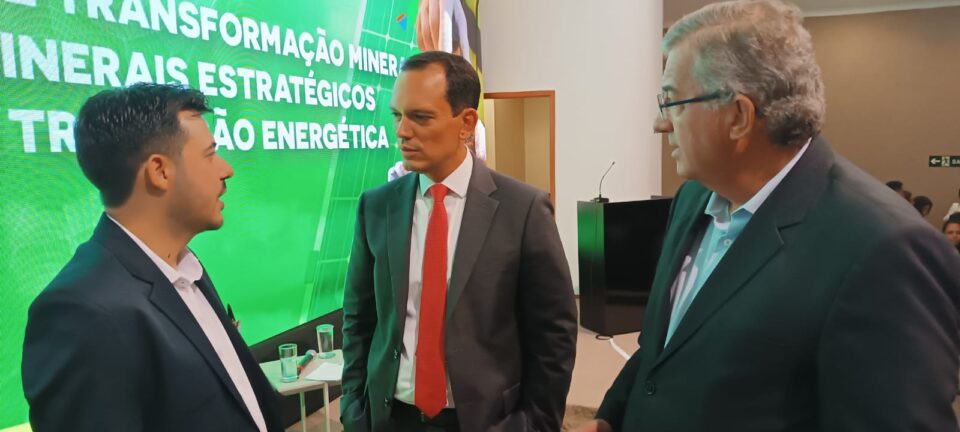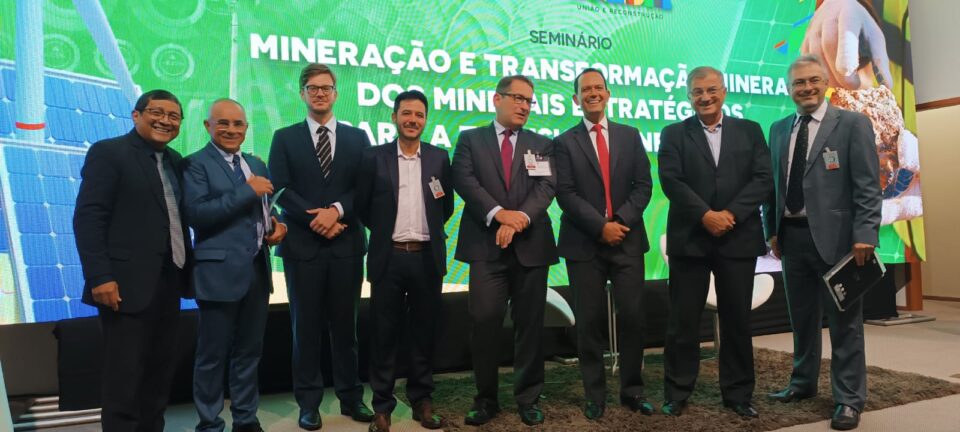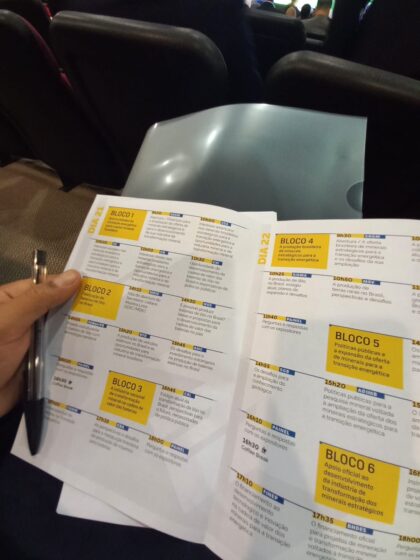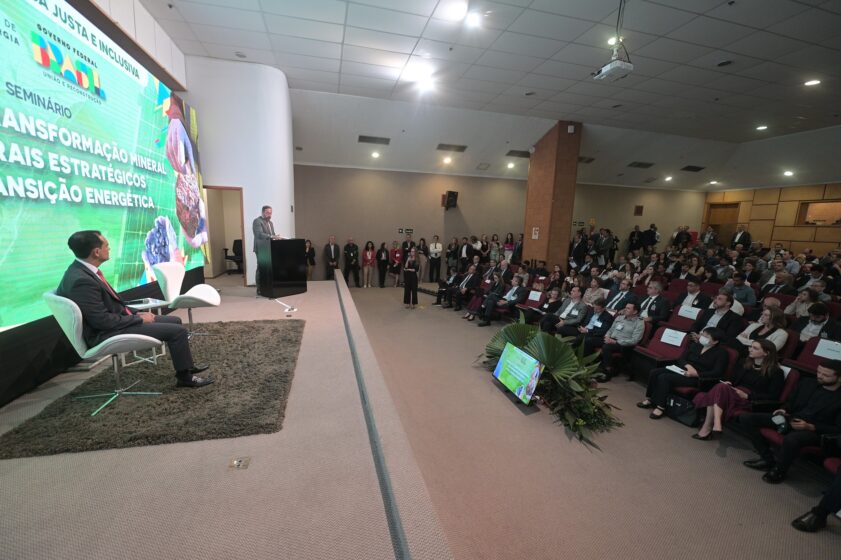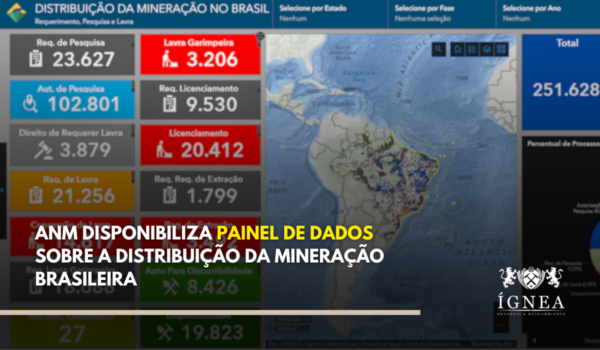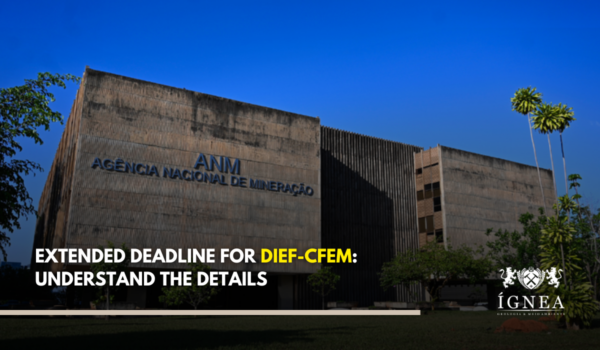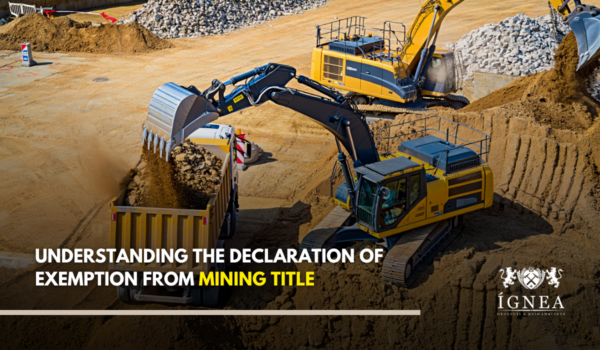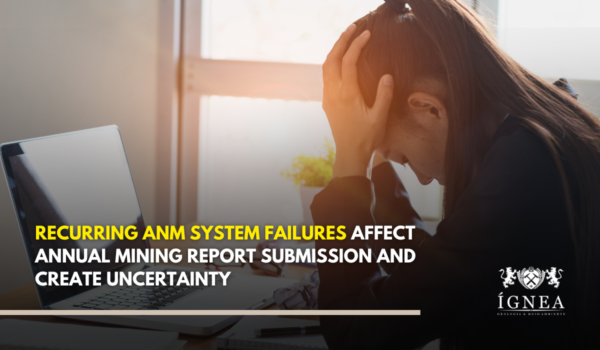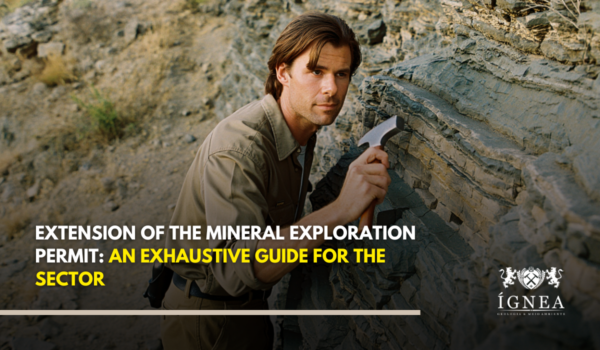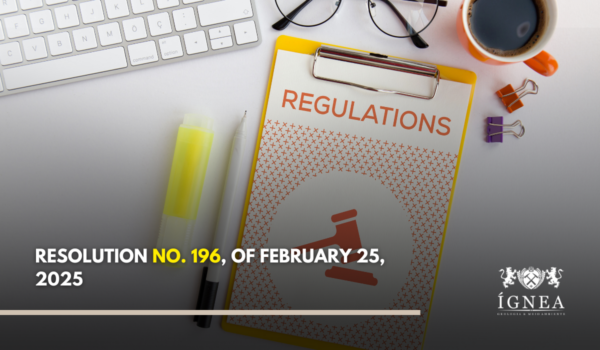The Ígnea Geology & Environment, represented by the company’s CEO and geologist, Giancarlo Silva, attended the “Mining and Mineral Transformation of Strategic Minerals for Energy Transition” seminar, hosted by the Ministry of Mines and Energy (MME) on February 21 and 22 in Brasília.
The event saw the presence of representatives from China, the European Union, CNI, and various private companies. Discussions revolved around the opportunities that energy transition presents for the Brazilian mineral sector, with a focus on lithium battery manufacturing in Brazil and the national mineral transformation industry within the sector’s value chain.
The first day of the seminar included a series of panels, covering topics such as “Opportunities of energy transition for the Brazilian mineral sector,” “Manufacturing lithium batteries in Brazil,” and “The national mineral transformation industry in the battery value chain.”
The event kicked off with the presence of Minister Alexandre Silveira, underscoring the importance of these discussions for the country’s energy and economic future.
During the first session, representatives from the European Union, China, and industry experts like Maria Tereza Castro from the National Confederation of Industry (CNI) discussed opportunities for developing the value chain of lithium batteries in Brazil.
Jean-Pierre Bou, representing the European Union, expressed optimism about cooperation possibilities, stating:
We are all motivated to explore the opportunities of energy transition for the Brazilian mineral sector.”
Similarly, Shao Yingiun from the Chinese embassy reiterated the commitment to collaboration between the countries:
China is willing to work with the Brazilian government and business community to further strengthen cooperation.”
The dialogue on lithium battery manufacturing in Brazil brought perspectives from both the public sector, with the participation of the Secretary of Industrial Development, Innovation, Trade, and Services of the Ministry of Industry, Foreign Trade, and Services (MDIC), Uallace Moreira, and the private sector, represented by individuals like Daniel Godinho from WEG, Edurdo Muñoz from Bravo Motors, and Marcos Berton from Senai Paraná.
Finally, the third session concluded the first day of discussions with the participation of important Brazilian companies in the mineral sector, such as Brazilian Lithium Companies (CBL), Brazilian Metallurgy and Mining (CBMM), and Brazilian Aluminum (CBA), analyzing the position of the national mineral transformation industry in the battery value chain.
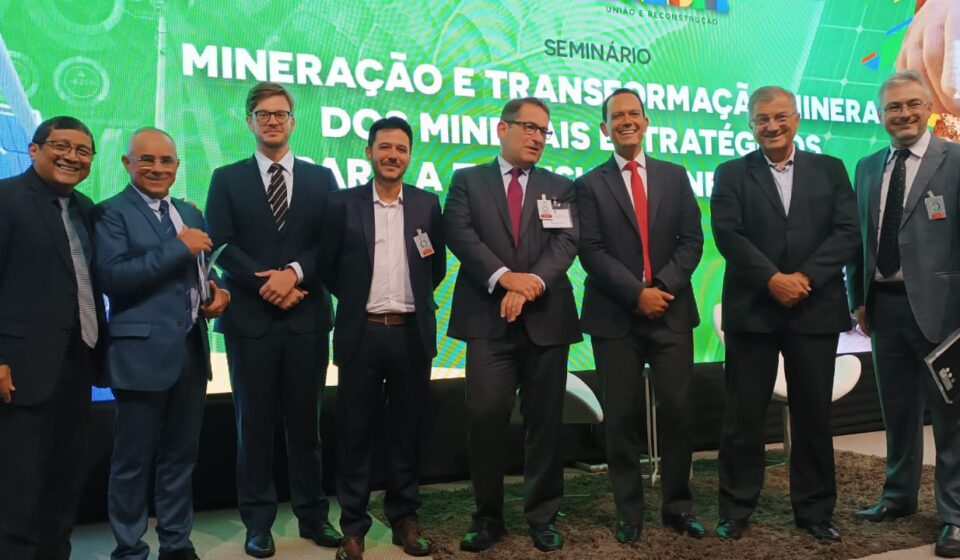
Presenting guidelines for expanding the supply of strategic minerals and developing the mineral transformation industry, Vitor Saback, the National Secretary of Geology, Mining, and Mineral Transformation at the Ministry of Mines and Energy (MME), initiated the program on the second day of the seminar “Mining and mineral transformation of strategic minerals for energy transition.”
There is a synergy within the MME when we talk about energy transition and minerals, because we know that energy transition only exists with strategic minerals,” Saback pointed out.
In his presentation, the secretary discussed the global scenario and presented the guidelines of the National Secretariat of Geology, Mining, and Mineral Transformation (SNGM) for the development of public policies and directions for the sector regarding these minerals.
We brought these initiatives to be discussed with the private sector, academia, and other representatives of the public sector,” the secretary stated. Among the guidelines are prioritizing acts of granting mineral exploration and mining rights for strategic minerals; offering credit by official banks for investments in Brazil; developing necessary infrastructure; promoting research, development, and innovation; and training specialized workforce, among others.
The seminar continued with representatives from Vale S/A, José Luiz Marques; Sigma Lithium, Ana Cabral; Mineração Serra Verde, Thras Moraitis; and the Brazilian Geological Survey (SGB), Débora Matos, discussing “The Brazilian production of strategic minerals for energy transition.”
The afternoon session began with the contribution of the legal director of the Brazilian Development Bank (BNDES), Walter Baère, who presented financing solutions for the mineral sector.
According to them, exploration and development; innovation and transformation; expansion and modernization; and climate transition are axes covered by the credit lines provided by the bank.
Block 5 was dedicated to the theme “Public policies and the expansion of mineral supply for energy transition.”
To contribute to the topic, the general director of the National Mining Agency (ANM), Mauro Sousa; the geosciences researcher and advisor to the Directorate of Geology and Mineral Resources of the SGB, Lúcia Travassos; and the general coordinator of Environmental Licensing of Marine and Coastal Enterprises of the Brazilian Institute of Environment and Renewable Natural Resources (Ibama), Edmilson Maturana, participated in the debate.
Closing the seminar, the panel “Official support for the development of the mineral transformation industry” brought together representatives from the Brazilian Industrial Research and Innovation Company (Embrapii), the Superior Council of the Agency for Development and Innovation of the Mineral Sector (ADIMB), and the Financing Agency for Studies and Projects (FINEP).
Event notes
by Giancarlo Silva
“At the recent seminar on mining and mineral transformation held in Brasília, the debate on the role of strategic minerals in energy transition intensified. With the presence of sector authorities and specialists, the event provided a broad overview of the opportunities that this transition offers to Brazil, while also outlining the main challenges associated with sustainable exploitation of mineral resources.
Significant emphasis was placed on the need for robust public policies to foster mineral research, as highlighted by Marcos André Gonçalves from ADIMB.
It became evident that, for Brazil to capitalize on its mineral potential, effective collaboration between government and industry is essential, aiming to overcome obstacles and maximize technological and sustainable development.
The collective discussion pointed to the importance of adopting an integrated strategy that reconciles economic growth with environmental responsibility, highlighting Brazil’s vital role in supplying strategic minerals to the world.”
Text Editing: Ígneabr
Source: Ministry of Mines and Energy
Images: Ígneabr / MME

